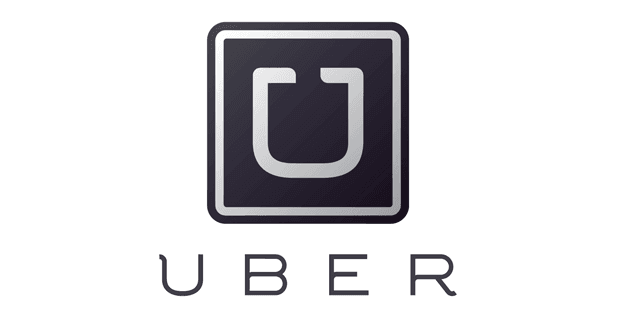No matter what the management troubles at Uber, it must be defended against any government tax grab or regulation potentially suffocating the company.
It appears that Uber is in trouble: good executives quit, allegations of sexual harassment, and a “toxic” work culture. CEO Travis Kalanick was caught on video berating an Uber driver, has acknowledged he needs leadership help, and is looking to hire a Chief Operating Officer. (See the Financial Post story). Columnist John Ivison has suggested that as a company, Uber is “unlovable” and has a little public sympathy. (I, for one, do love Uber, for the great value its ride-sharing provides).
Nevertheless, and justifiably, Ivison defends Uber (see his excellent column here) against yet another government measure aimed at harming the ride-sharing pioneer (to make it more ‘equal’ with taxi companies).
In its latest budget, the Canadian government slapped a new tax on Uber rides, which increases the cost of rides 5% to 15%, depending on the jurisdiction, discouraging customers from using the service. The new tax also imposes an administrative burden on Uber drivers, many of whom work only part-time, to file quarterly sales tax reports (and pay the tax they collected from their rides). This will discourage new drivers and make many current ones seek alternative employment, making it not only more expensive for Canadian customers to use Uber but more difficult to obtain rides.
John Ivison is right. No matter what the management troubles at Uber, it must be defended against any government tax grab or regulation potentially suffocating the company.
Uber is an innovator: it brought us an entirely new transportation model, based on a ride-sharing app, as an alternative to the government-protected, perennially under-delivering and over-charging taxi-industry. (Research on my upcoming trip to Aarhus, Denmark—where Uber doesn’t exist—indicated that a taxi ride from the airport to city center would cost USD 160, for a distance of about 45 km).
Such an innovation benefits, not just Uber’s customers, but its shareholders, employees, drivers, and everybody else who benefits from the wealth Uber eventually will create and the opportunities to which it will lead. For this, Uber deserves to be praised and encouraged to innovate more, not to be penalized with more taxes.
Taxes are innovation killers, as their curtail investment in innovation. In the case of this particular new tax, it will limit the supply of drivers and discourage demand from customers, affecting the launch of new, innovative Uber services, such as UberEATS (food delivery) and UberPOOL (car pooling)—or at least delaying them significantly, should the company have to depend on self-driving car technology (which also requires investment).
The condition of innovation—despite the ardent belief, or perhaps more accurately, wishful thinking, of the Canadian government—is not government taxing us and then “investing” the taxes in various innovation programs and in “winning” industries and companies it has omnisciently picked.
Instead, the condition of innovation is freedom: the right to liberty of individuals and companies to pursue whichever business they want and the freedom to trade with whomever they choose, on whichever terms are mutually acceptable and beneficial.
Such freedom would create more competition, attracting also Lyft, and potential new ride-sharing companies or other innovators to Canada. Competition would also be a solution to Uber’s management problems, as the company would have to learn to do better to attract good employees, drivers, and investors and to create a win-win situation for all.
This is what the governments in Canada and elsewhere must recognize. They must stop attempting to “guide” and control the economy and accept their proper role as the protector of individual rights of their citizens (including companies) and let them compete, create, and trade freely.
Then, and only then, innovative companies like Uber will flourish. That is the fundamental reason why Uber—and its right to liberty–must be defended.

